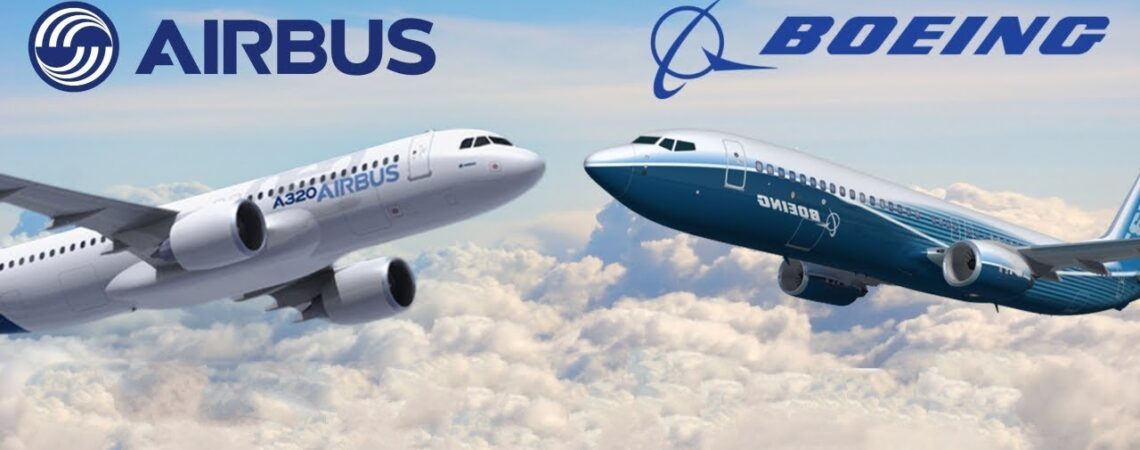On October 18, 2019, the United States imposed additional tariffs on $7.5 billion worth of U.S. imports from the European Union and the United Kingdom (UK) (hereinafter collectively referred to as the EU). The action, authorized by World Trade Organization (WTO) dispute settlement procedures, followed an investigation by the Office of the United States Trade Representative (USTR), under “Section 301” (Title III of the Trade Act of 1974, 19 U.S.C. §§2411- 2420). The USTR determined that the EU had denied U.S. rights under WTO agreements. Specifically, the USTR concluded that the EU and certain current member states and the UK had not complied with a WTO Dispute Settlement Body (DSB) ruling recommending the withdrawal of WTO-inconsistent subsidies on the manufacture of large civil aircraft. In 2011, the dispute settlement (DS) panel confirmed that these subsidies breached the EU’s WTO obligations under the 1994 General Agreement on Tariffs and Trade (GATT) and the Agreement on Subsidies and Countervailing Measures (SCM Agreement).
The authorization to take countermeasures against the EU—the largest amount in the WTO’s history—comes after nearly 15 years of litigation at the WTO. The litigation involves the world’s two largest aerospace manufacturers, U.S.-based Boeing and EU-based Airbus, which have competed for years for dominance in the commercial airline supply market. The United States successfully argued that Airbus had received billions of dollars in illegal subsidies, which resulted in a loss to Boeing of significant market share throughout the world. The U.S. action to impose tariffs, consistent with the WTO arbitrator’s finding on the appropriate level of countermeasures, aims to pressure the EU into either ending the subsidies or negotiating an agreement with the United States.
In a parallel dispute case against the United States, the EU also received WTO authorization to take countermeasures against the United States for failing to abide by WTO subsidies rules in supporting Boeing. In November 2020, the EU began imposing additional tariffs on approximately $4.0 billion worth of EU imports from the United States (15% on aircraft and 25% on agricultural and other products). The USTR claims that the United States fully implemented the WTO’s DSB recommendations as of early 2020, and therefore “there is no valid basis for the EU to retaliate against any U.S. goods.” Due to the magnitude of U.S.-EU trade (of which civilian aircraft, engines, and parts are a major component) and ongoing trade frictions, some Members of Congress are closely monitoring developments in the WTO litigation and in U.S.-EU negotiations.
Boeing-Airbus Subsidy Dispute- Recent Developments
